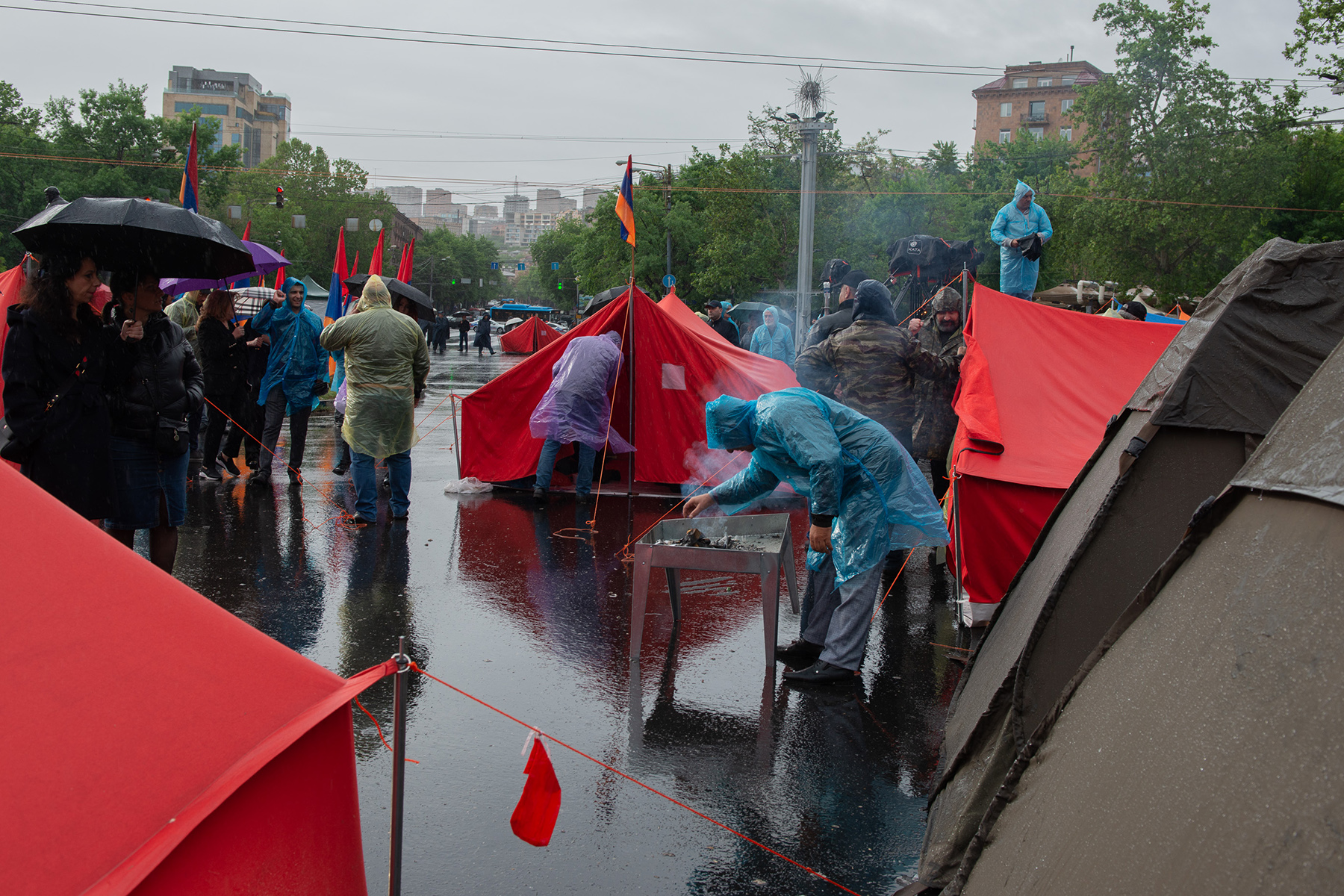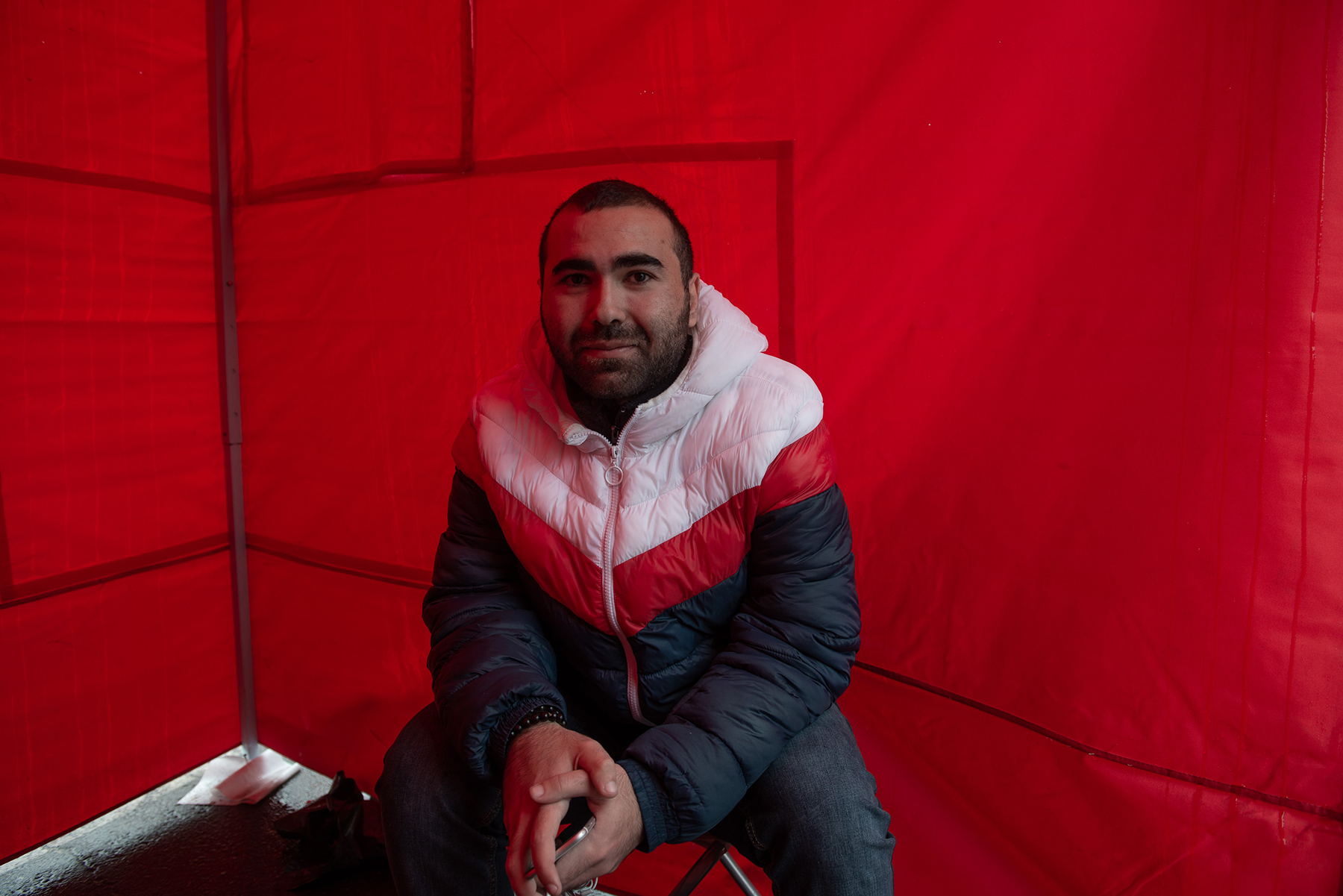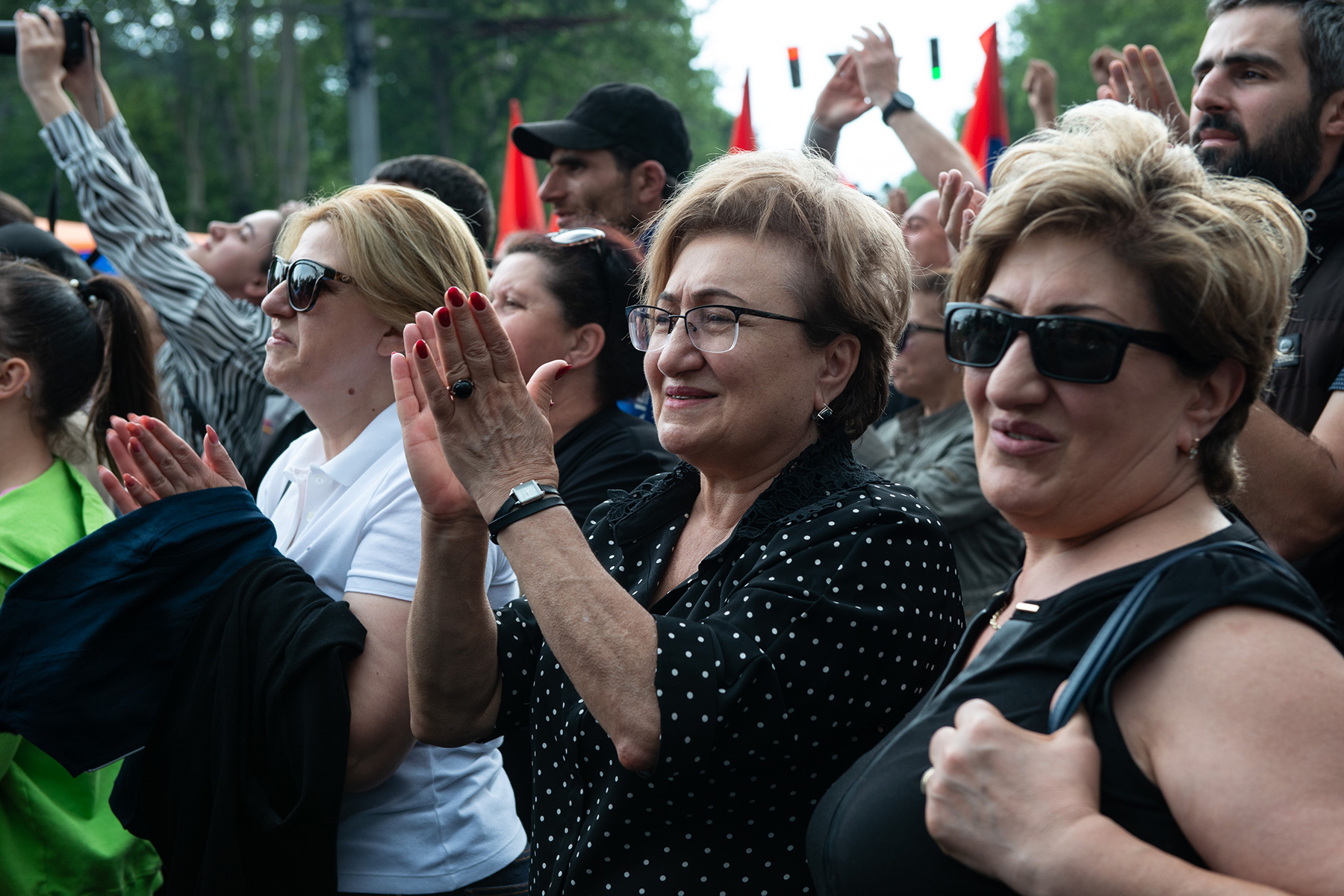
Armenia’s opposition protesters remain steadfast in their demand for Pashinyan’s resignation, though they have few specifics on what happens next.
‘We are here in the name of Armenia and in the name of Artsakh’, Hrayr Harutyunyan, a young man hiding from a downpour in a red tenet erected by protesters the previous day, told me. ‘There are no parties here. We are apolitical people. We are here for our future, for our children.’
Ironically, the very tent he used to shelter from the rain was almost certainly paid for by one of the country’s major opposition parties, who had organised this ‘apolitical’ movement.
The protesters have rallied for weeks to demand the resignation of Armenian Prime Minister Nikol Pashinyan and his administration over what they perceive to be a conciliatory attitude towards Azerbaijan and Turkey, especially on the question of Nagorno-Karabakh.


In a recent address to parliament, Pashinyan stated that the ‘bar must be lowered’ when it comes to Armenia’s international position on the status of Nagorno-Karabakh — apparently taking a demand for international recognition of the region as an independent and sovereign state off the table. He has, however, insisted that this would by no means be a ‘surrender’ of Nagorno-Karabakh to Azerbaijan and was in line with the international consensus on the question in peace negotiations over the past three decades.

In form, if not in content, the anti-Pashinyan resistance appears to be self-consciously emulating the 2018 Velvet Revolution led by Pashinyan himself. From France Square as the initial point of the encampment, to road blockades around the capital, to claims of ‘a political’ opposition to the government, down to even black hats with an italicised slogan in Armenian.








